Why Is Recycling Important? What You Need to Know
-
Pete Ortiz
- Last updated:
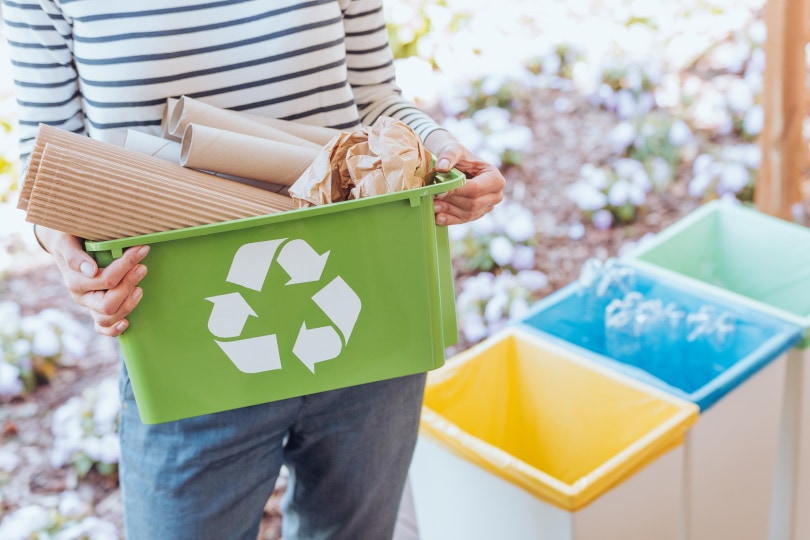
Some people extol the benefits of recycling all the time. They demand proper recycling procedures and say things like recycling will save the planet. Not everyone listens to the insistence on recycling, with many people shrugging the idea of recycling off. Is it really that effective? Does recycling actually help anything?
The answer is yes. Recycling can be very effective, and it does help in many regards. Recycling is important to help keep trash out of our landfills, save on energy and material usage, and provide overall benefits to the planet as a whole. Here’s how.
Landfill Savings
As people continue to live, multiply, and throw things away, they are creating more and more garbage. When the garbage gets whisked away from your curb, it is sent to a local landfill. The landfills only continue to get fuller and fuller, taller and taller, and more and more obtrusive as time goes on. No one wants to live in a world filled with overstuffed landfills. Recycling helps keep materials out of landfills which in turn helps keep the size of landfills more manageable. It also keeps materials like styrofoam and plastic bottles out of incinerators which can produce harmful and toxic emissions.
Types of Landfill Savings:
- Cans and bottles won’t impede the decomposition process of food waste
- Styrofoam won’t sit for hundreds of years in a pile
- Toxic materials like plastic won’t be burned in incinerators
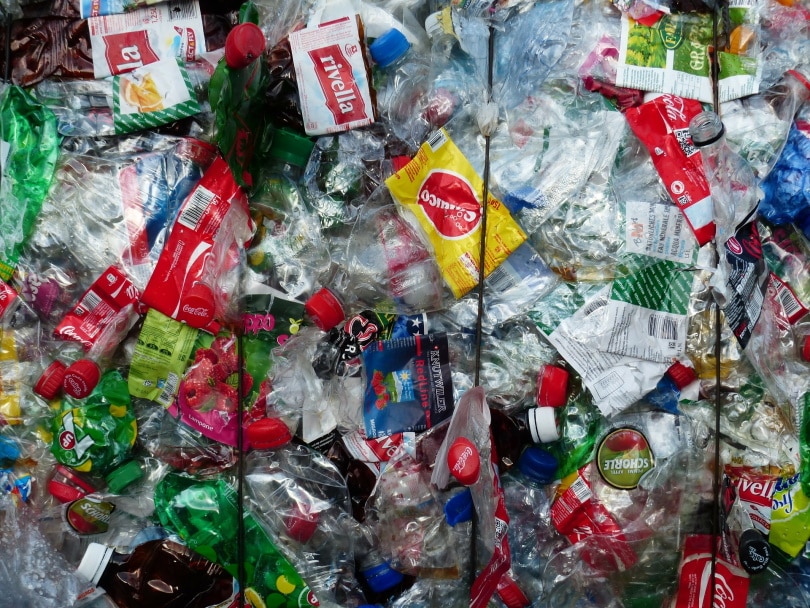
Energy Savings
One of the biggest reasons recycling is important is because it saves energy. Industrial sectors of the economy use tremendous amounts of energy. Recycling reuses old materials, which in turn cuts down on the need for heavy industries to work to replace wasted materials. For example, if you need to manufacture a new can rather than recycle an old can, you have to mine more material, ship the raw material to a processing center, process the raw metal into usable metal, and then use that metal to create a fresh can. Recycling cuts down on a large number of these energy-using steps. In fact, recycled aluminum cans use just 5% of the energy it takes to make a new one.
The more items get recycled, the more energy savings pile up. Since much of the world’s energy still comes from fossil fuel sources, saving on energy will also cut down on greenhouse gas emissions and fossil fuel use.
Types of Energy Savings:
- Manufacturing of new products
- Mining, processing, or collecting new raw materials
- Transportation and labor for new materials
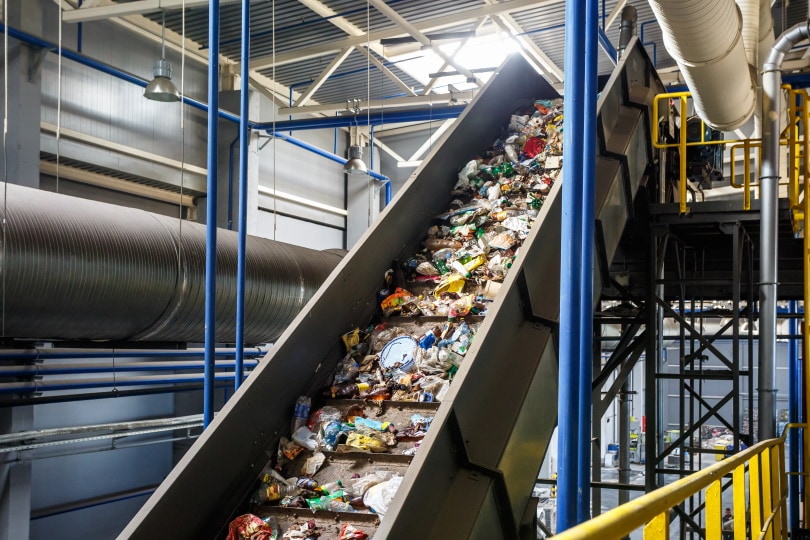
Material Savings
As the world population continues to grow, people are using more and more materials. Many materials are finite, meaning that they will one day run out. Finite, or nonrenewable, materials include things like aluminum, steel, oil, and plastics. Someday, these materials will start to run low, which will cause economic upheaval. Recycling can help delay this inevitability by reusing materials. Reusing materials reduces the need for new materials. For example, if you reuse plastics, it reduces the need to create more plastics, which will help keep the stock of oil higher than previously. That, in turn, will extend the longevity of the materials stocks. The more recycling you can do, the more sustainable the world economy can become, which will keep us from running out of materials in the future.
Types of Material Savings:
- Recycled cans save on aluminum mining
- Recycled paper reduces the number of trees that need to be lumbered each year
- Buying used cars removes material from the car manufacturing sector
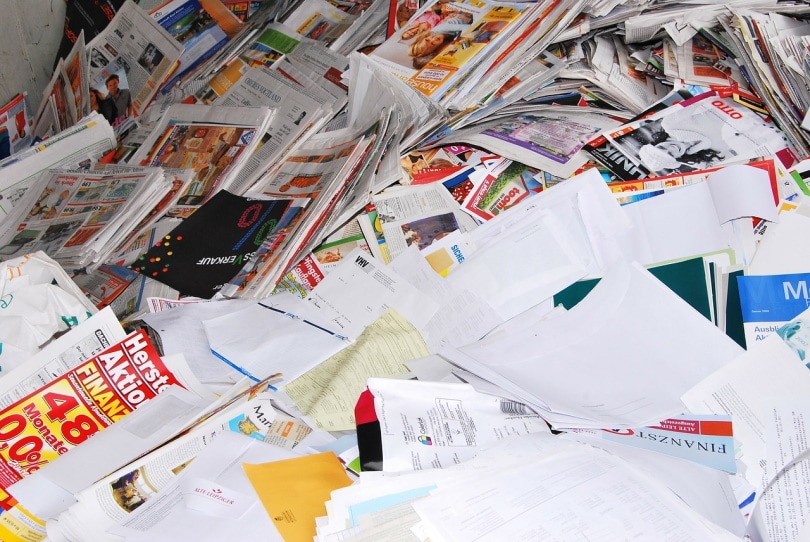
Effects on Climate Change
Saving on energy and materials can also have an effect on climate change. The fewer new materials that need to be produced, the better it is for the planet overall. Manufacturing uses tons of non-renewable energy, it also uses a ton of raw materials. Mining and collecting raw materials also uses a ton of energy. Mining and collecting raw materials also depletes natural reserves of materials that can be used for future generations. If less aluminum needs to be mined, more raw aluminum is left in the ground for the future. If fewer trees need to be lumbered, more forests will be present in the future.
Manufacturing, shipping, mining, logging, and oil production all also produce their own pollution. The more these industries have to work, the more pollution they produce. Recycling can help decrease demand for these services, which in turn can help cut down on the pollution that these industries produce on a regular basis. That can lead to cleaner air, water, and soil environments in the long run.
All of these things add up to a cumulative effect that can have a long-term positive impact on climate change. Climate change is being driven by human activities like the burning of fossil fuels, polluting of the oceans, and the deforestation of old-growth forests. Recycling cannot stop all of these things, but it can lessen them, which can help. The more people that recycle and the more things that get recycled, the better the effects on the planet are.
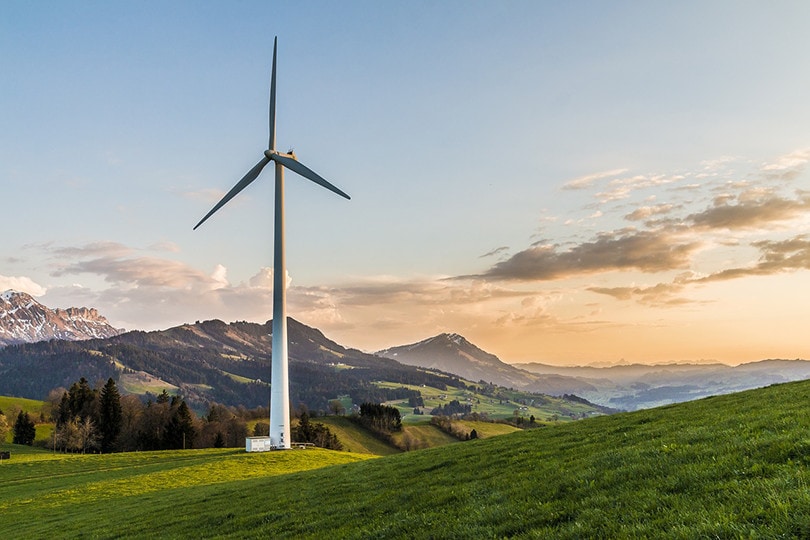
Proper Recycling Is Critical
In order to get these benefits of recycling, you must recycle properly. Improperly recycling goods simply adds steps and ends up wasting time, money, and materials rather than helping save them. Before recycling anything, you need to check to make sure your local recycling center takes the materials. Be sure to sort the recycling properly. Refrain from recycling non-recyclable materials because they could end up harming the recycling center machinery. Check your local rules, check your recyclable materials, and make sure you are doing everything properly. If you recycle properly, you could cut down on energy and material use and help improve the overall health of the planet in the long run.
 Conclusion
Conclusion
Recycling is incredibly important to help build a greener and more sustainable future. Not recycling recyclable materials will lead to material waste which leads to more energy use, more pollution, and fewer natural resources. There are plenty of robust recycling resources developed in most of the Western world, so not recycling properly is just wasteful. If everyone strives to recycle a little more, the planet might get a little bit better. Just be sure to do it the right way.
Featured Image Credit: Photographee.eu, Shutterstock
Contents


